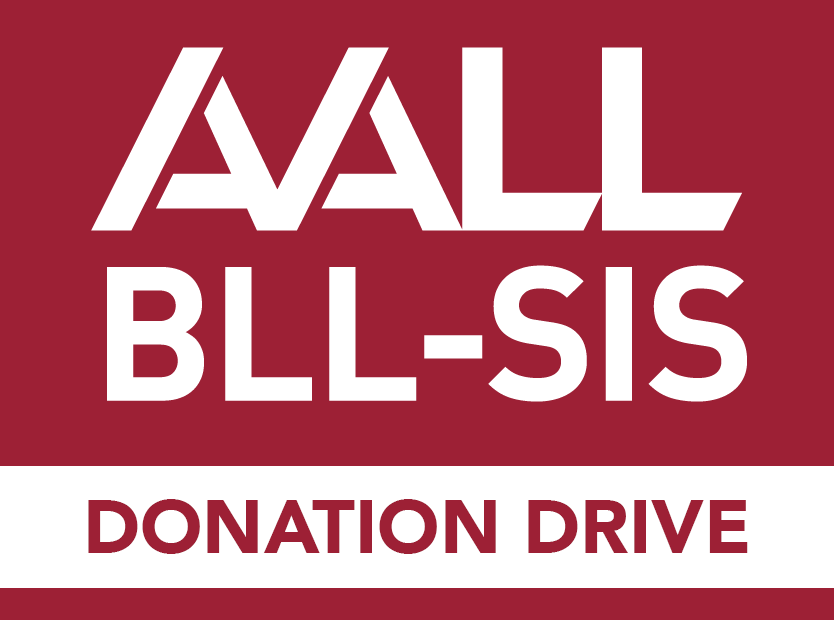State of Ohio Stops Funding for Award-Winning Adult Literacy Program

The State of Ohio STOPPED FUNDING Seeds of Literacy as of July 1, 2018 — reducing the organization’s operating budget by a staggering 14%.
Since 2014, Seeds has received State funding through the ASPIRE program, administered by the Ohio Department of Higher Education. This funding partially supported Seeds East, located in Cleveland’s Mt. Pleasant neighborhood where adult functional illiteracy rates are as high as 85%.
“This news comes on the heels of a year of outstanding outcomes for Seeds,” explains Development Director Jo Steigerwald. “During Fiscal Year 18 (7/1/17 – 6/30/18) we had 57 GED® graduates, a 138% increase over last year, and the highest number since the GED test changed to a computerized test in 2014. Students have achieved 660 grade level increases, and 166 students passed a total of 244 GED section tests.”
The Rationale
Despite these record-setting outcomes that demonstrate the effectiveness of the Seeds of Literacy model, the State based their decision on two main points.
(1) Instructional Model: one-to-one vs. traditional classroom and ongoing enrollment vs. managed enrollment
- Seeds provides customized instruction for each student using a one-to-one tutoring method, offers three tutoring class sessions, four days per week, with unlimited attendance, year-round, also known as open enrollment.
- The State mandates managed enrollment: a classroom-style instruction method, with designated start and stop dates (i.e., an 8-week session that meets on Tuesdays from 2 – 5 pm).
(2) Distance Education accessed by a personal computer
- 84% of Seeds students live at, or below, the poverty line and do not have reliable computer and internet access. This is evident as 65% of incoming Seeds students do not have even the most basic computer skills. Seeds includes digital literacy education as part of the curriculum, and has found that the students learn best with one-to-one, in-person instruction of computer skills.
- The State mandates that Seeds offer computer-based classes that replicate its curricula as part of its distance education component, so students could enroll at Seeds, but work from home online. “But without computers, internet access, and basic instruction on how to use technology, our students would not benefit from this type of educational component,” Steigerwald maintained.
“To summarize,” Steigerwald said, “the State is essentially saying Seeds needs to:
- offer fewer classes in an environment that does not work for the needs of its students;
- offer computerized classes to people who cannot use a computer and/or do not have easy access to computers or reliable internet connections.
“Because these requirements don’t make sense for our students and their success, we don’t provide them,” explained Steigerwald. “Interestingly, we shared our methods with the State before our first grant was awarded in 2014, and we have continued to share successful outcomes with them ever since.”

(L to R) 2018 Graduate Dionne Lobban, Seeds’ Development Director Jo Steigerwald, and Seeds’ Trustee George Miller accompanied Seeds’ Executive Director Bonnie Entler (not pictured) to the State House in Columbus in an attempt to appeal the funding decision. Although they had a productive exchange with the Chancellor’s department, the decision was not reversed.
The Impact
Since the decision was announced, the organization has reached out to its long-time foundation supporters and small individual donor base.
“We are committed to staying true to our mission,” Steigerwald stated. “And this means serving our students in the best way possible – our proven method of one-to-one tutoring. But we are very aware that we need to fill this funding gap in order to do so.”
“You can help us continue to operate as we have, despite this loss of critical funding, by making a financial contribution,” she continued. “Every donation means we can continue our regular classes without sacrificing the method that is critical to the success of our students.”
# # #
KLK
Help Fill the Gap by Becoming a Monthly Donor
Monthly giving is easily set up through Seeds’ Donate Page and ensures the organization has a continuous revenue stream.


